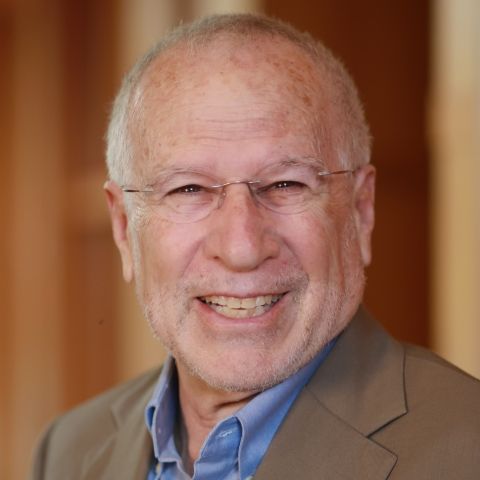
Neuroscience, Lie-Detection, and the Law
The possibility of using neuroimaging to detect deception in legal settings has generated widespread resistance. Many neuroscientists insist the research is flawed science, containing weaknesses of reliability (the degree of accuracy), external validity (do laboratory results predict real-world outcomes), and construct validity (do studies test what they purport to test). These flaws are real, but although using neural lie-detection in non-experimental legal settings is premature, the critics are mistaken in believing that scientific standards should determine when these methods are ready for legal use. Law's goals differ from science's, and the legal suitability of neural lie-detection depends on legal standards and not those determining what good science is.